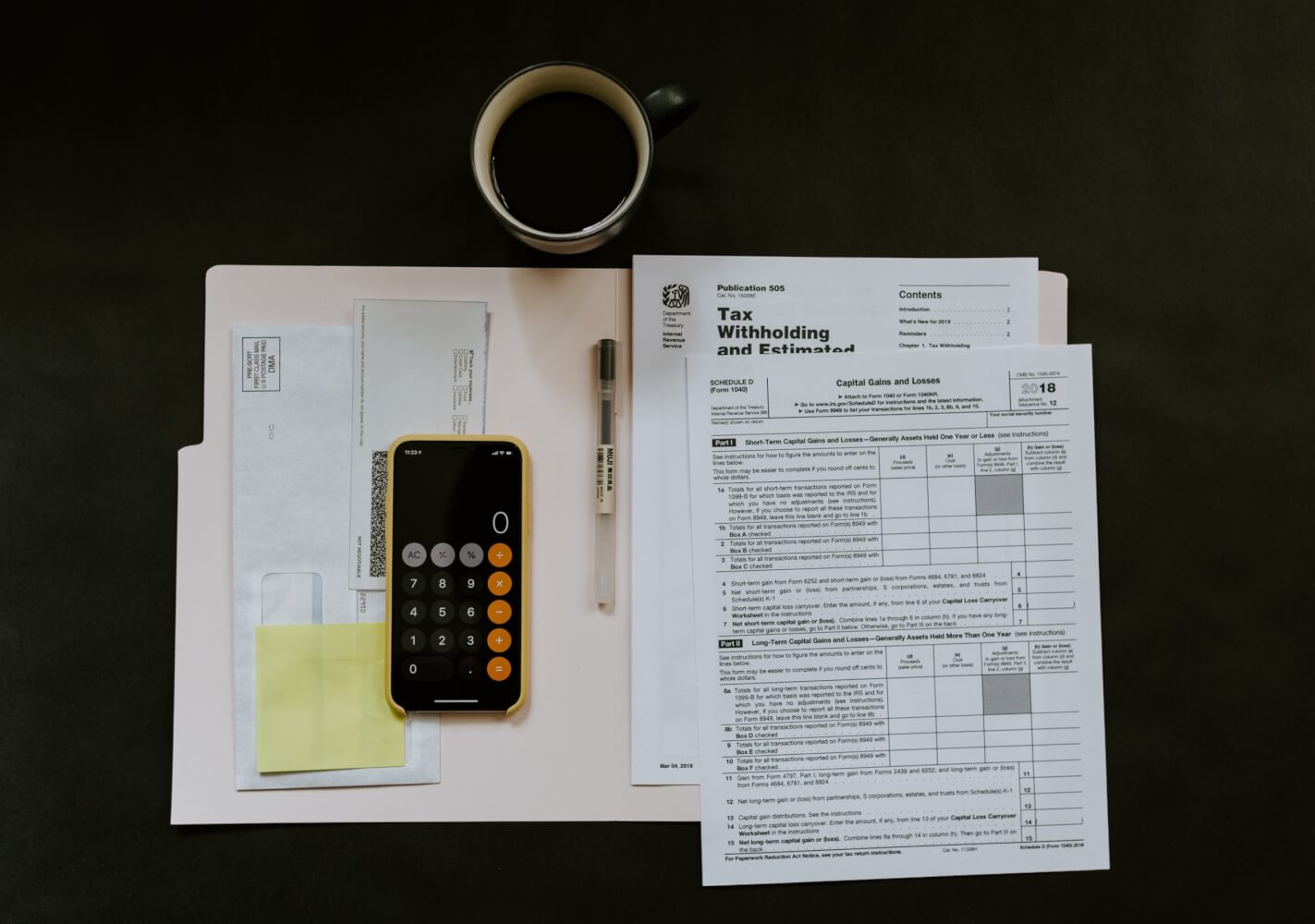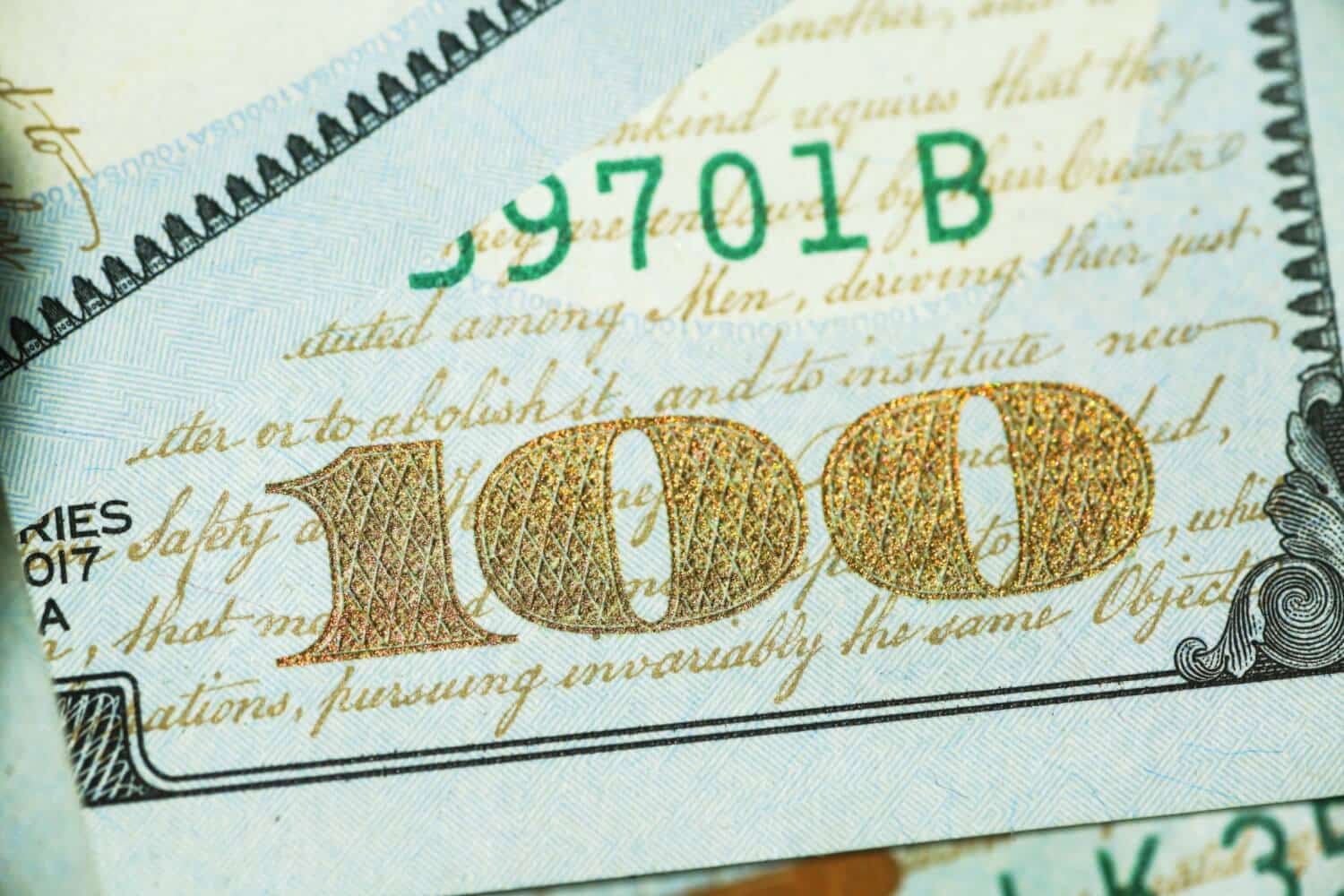(Note: the passage of the Economic Aid Act signed into law 12/27/2020 has made this article inaccurate. Forgiven PPP loans are no longer taxable, see our article on PPP round 2 for details.)
The US Treasury released new guidance yesterday which will greatly affect your 2020 tax liability due to the PPP. Not sure what this means? Read on…
What is PPP Loan Taxability
Congress never intended for a PPP loan to be taxable when they passed the CARES Act. However, the treasury department found a way to use complex tax regulations to say expenses paid by a forgiven PPP loan are not tax deductible. This mathematically is the same as making the PPP taxable income.
What about an unforgiven PPP loan? If the loan is never forgiven then it doesn’t affect your income taxes at all. But if the loan is unforgiven in 2020 and then forgiven in 2021, what then? Up until now that question has remained unanswered.
The New Guidance on PPP Loan Taxability
The new Treasury guidance declares “If a business reasonably believes that a PPP loan will be forgiven in the future, expenses related to the loan are not deductible, whether the business has filed for forgiveness or not.” That means the timing of your forgiveness application does not affect the taxability of your expense deductions in 2020. While the intent is clear, the practical implications may are not.
How does a business know whether or not their PPP loan will be forgiven if they haven’t filed for forgiveness yet? For some businesses it will be clear – for example, if they did not layoff any employees, or if they increased hiring in 2020. But few small businesses have cut-and-dry situations – especially those for whom an unexpected tax bill could endanger their cash flow.
The Treasury suggests the business owner should consult the SBA website and perform the math to determine their forgiveness before filing their tax returns. That’s akin to asking business owners to understand and properly apply depreciation rules between straight line, MACRS, and section 179 (Say what? That’s exactly my point, only your CPA really knows how to do this.) Forgiveness regulations are complex, confusing, and not easily navigated by executives.
The guidance opens up a whole new can of worms too: what happens to the businesses that assume 100% forgiveness, pay a full tax burden, and then discover only part of their loan will be forgiven? Will they need to restate their 2020 income tax return?
Other PPP Forgiveness Considerations?
Congress is actively debating round 2 of Covid stimulus. What may or may not be included in new stimulus is:
- Changes to the taxability of the PPP
- Round 2 of the PPP
- Blanket PPP forgiveness
Any of these would affect your next steps as a business owner. However, given the partisan divides in congress, there’s a chance that no additional stimulus is passed.
Should I apply for PPP Loan Forgiveness Now or Later?
The right action for you will depend on your temperament. Here’s my advice:
- If you are worried, anxious, or frustrated with the uncertainty, apply for forgiveness now and move on.
- If you want to maximize your cash flow and don’t mind the uncertainty, wait until January to see what happens next.
There is no one-size-fits-all solution for financial strategy, so talk to the financial professional on your team before deciding what is best for your business. If you want to discuss your situation in detail, book an appointment with a CFO at CFOshare.




